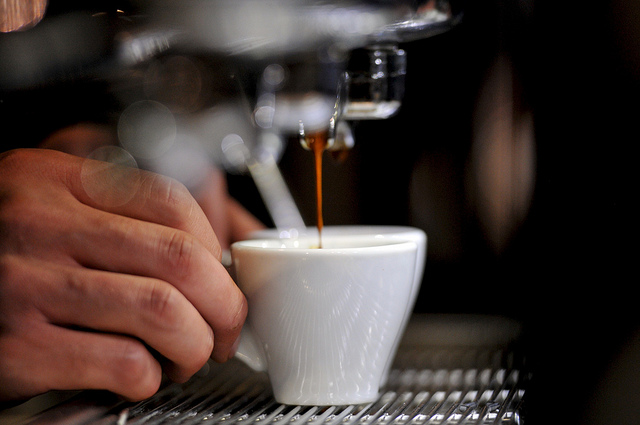Hundred of thousands of Australia’s lowest-paid workers are facing Sunday and public holiday pay cuts following a Fair Work Commission ruling. According to Thursday’s announcement, Sunday pay rates for full-time and part-time hospitality workers will be cut from 1.75 times their standard wage down to 1.5. In retail, full-time and part-timers’ Sunday pay rates will be reduced from double time to 1.5 times. Casual workers in fast food and retail will be hardest hit—with their rates dropping from 1.5 times the standard weekday rate 1.25 times. For now, casuals in hospitality won’t have their pay docked.
As VICE outlined in 2015, cutting penalty rates has its pros and cons. Advocates argue that reduced penalty rates will lead to greater employment rates, while detractors point out that low wage-earning workers will be pushed further towards the poverty line.
Videos by VICE
Announcing the decision on Thursday, Fair Work Commission president Justice Iain Ross explained penalty rates were not “fair and relevant.” At the same time, he did acknowledge many workers were about to take a financial hit—commenting many of them “earned just enough to cover weekly living expenses.” And that’s true. There’s a narrative here that small businesses (run by those good old hard working Australian mums and dads) will finally be able to breathe a sigh of relief because they no longer have to close on weekends. Just ask the Turnbull Government, which has been talking about slashing penalty rates ever since Malcolm Turnbull became prime minister.
But small business owners are not the most vulnerable people in our economy. According to the Australian Council of Trade Unions, nearly half a million retail and hospitality workers are set to lose up to $6,000 a year. Make no mistake: this policy disproportionate affects the literal lowest paid workers in Australia—young people, women, single parents. Most of these people aren’t working for cute independent brunch cafes—they’ll be working for 7/11, Sportsgirl, Gloria Jeans, or whatever other conglomerate that will happily cut costs wherever it can. They’re earning a pittance, too—because wage growth in Australia is essentially stagnant.
The decision also coincides with a number of other social issues that put young people at a disadvantage, like the Centrelink debt crisis, high youth unemployment, and insanely high house prices. It also comes on the same day that Australia Post’s CEO resigned because he wouldn’t take anything below a $5.4 million salary. The gap between those at the top and bottom of the Australian economy grows ever wider.
But hey—maybe Sunday coffee will be cheaper now.
Follow Kat on Twitter
More
From VICE
-

Kan Wang/Getty Images -

KATERYNA KON/SCIENCE PHOTO LIBRARY/GETTY IMAGES -

Screenshot: Bethesda -

(L-R) Charlie Day, Glenn Howerton, Kaitlin Olson, Rob McElhenney and Danny DeVito (Photo by Chelsea Lauren/WireImage)
